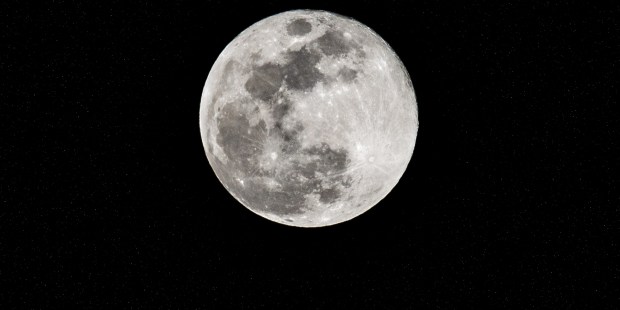- Feb 5, 2002
- 166,616
- 56,253
- Country
- United States
- Faith
- Catholic
- Marital Status
- Married
- Politics
- US-Others
Holy Week often begins with a full moon, due to the fact that Easter in the West always falls after the first full moon following the vernal equinox.
Holy Week and the celebration of Easter are on a different dates each year, as they are not fixed to a specific day of the year. Easter, from which Holy week, Lent, and Asj Wednesday are back-dated, is one of the moveable feasts of the liturgical calendar.
From the very beginning of the Church the feast of the Resurrection of Our Lord was celebrated in relation with the Jewish feast of Passover. Since the events of Christ’s Passion and resurrection occurred in that context, Christians have always felt that they should celebrate his resurrection in the same way, rather than a fixed date on the calendar.
According to the norms established by the Council of Nicaea (325) and later adopted for Western Christianity at the Synod of Whitby,Easter Sunday falls each year on the first Sunday following the first full moon after the vernal equinox.
This calculation accepted by the Roman Catholic Church and most Protestant communities does not depend on the calculation of Passover according to the Jewish calendar. There are several different rules that regulate the Jewish celebration of Passover and Christians decided to differentiate themselves and rely on their own calculations.
The calculation of Easter also does not depend on the timing of the astronomical vernal equinox, which differs from year to year. Instead, March 20 is considered the “liturgical” equinox, even in those parts of the world where March signals the beginning of autumn.
Continued below.

 aleteia.org
aleteia.org
Holy Week and the celebration of Easter are on a different dates each year, as they are not fixed to a specific day of the year. Easter, from which Holy week, Lent, and Asj Wednesday are back-dated, is one of the moveable feasts of the liturgical calendar.
From the very beginning of the Church the feast of the Resurrection of Our Lord was celebrated in relation with the Jewish feast of Passover. Since the events of Christ’s Passion and resurrection occurred in that context, Christians have always felt that they should celebrate his resurrection in the same way, rather than a fixed date on the calendar.
According to the norms established by the Council of Nicaea (325) and later adopted for Western Christianity at the Synod of Whitby,Easter Sunday falls each year on the first Sunday following the first full moon after the vernal equinox.
This calculation accepted by the Roman Catholic Church and most Protestant communities does not depend on the calculation of Passover according to the Jewish calendar. There are several different rules that regulate the Jewish celebration of Passover and Christians decided to differentiate themselves and rely on their own calculations.
The calculation of Easter also does not depend on the timing of the astronomical vernal equinox, which differs from year to year. Instead, March 20 is considered the “liturgical” equinox, even in those parts of the world where March signals the beginning of autumn.
Full moon during Holy Week
Continued below.

Does Holy Week always begin with a full moon?
Holy Week often begins with a full moon, due to the fact that Easter always falls after the first full moon following the vernal equinox.
